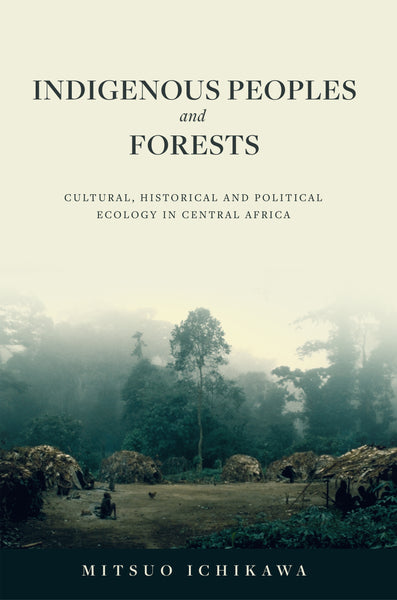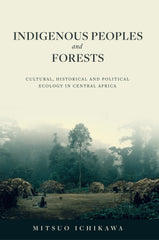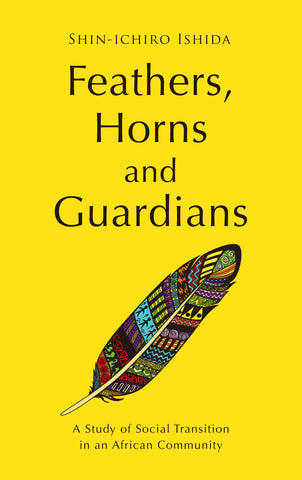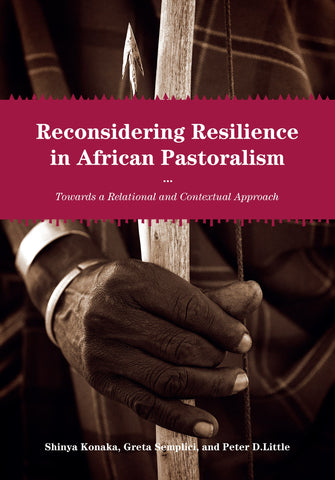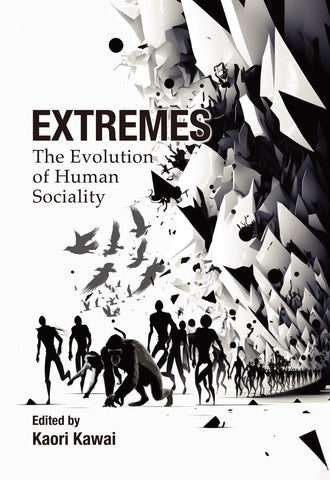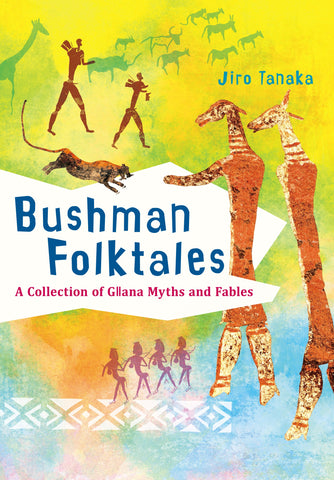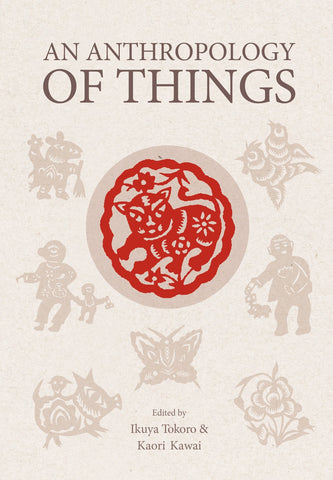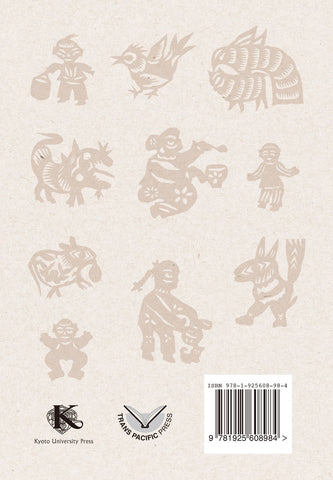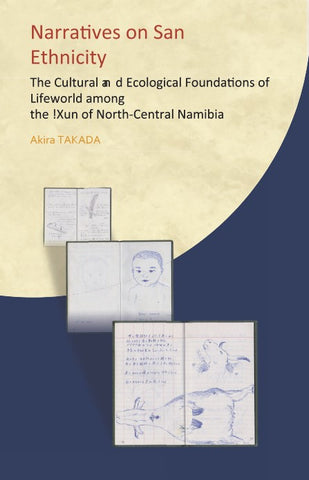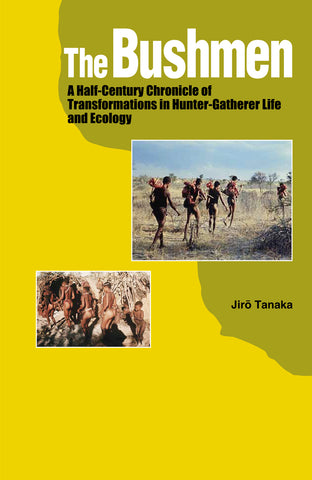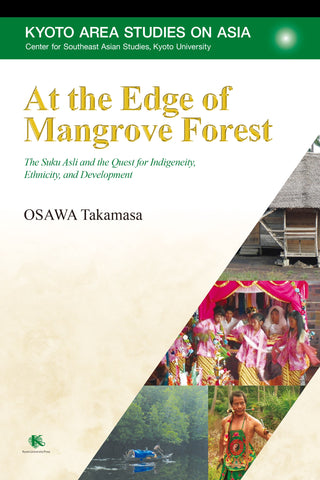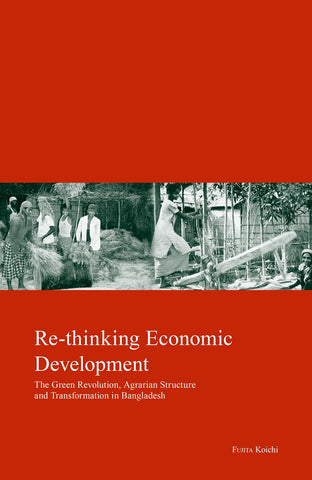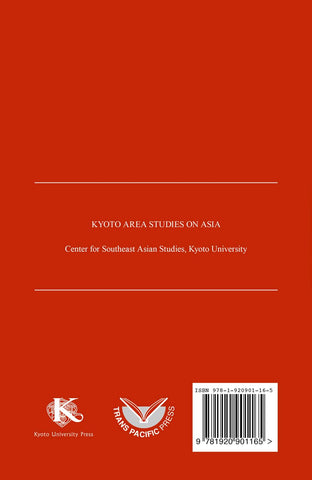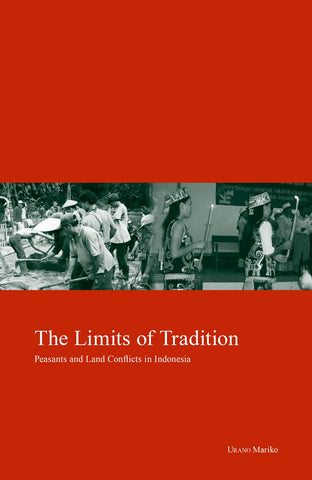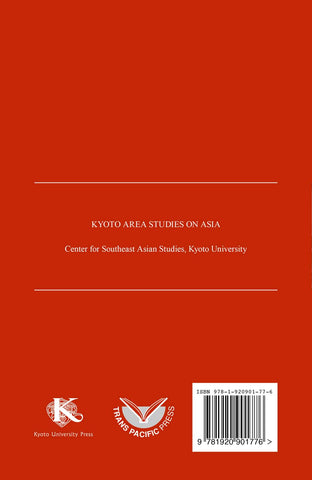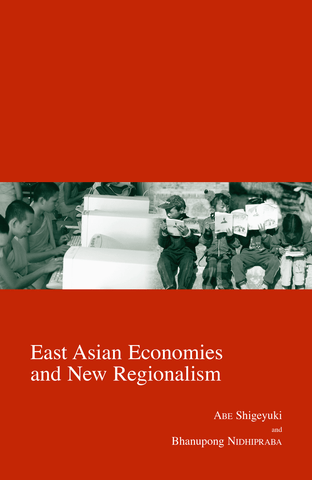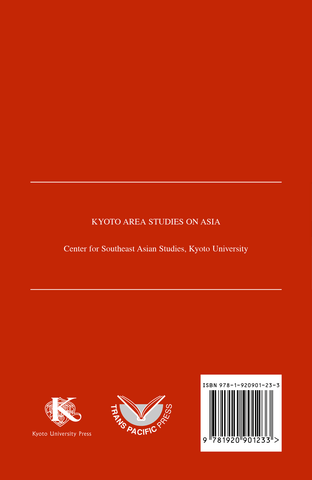Indigenous Peoples and Forests
Many In Stock
African tropical rainforests are in rapid decline, and their conservation is an urgent priority. However, forest conservation efforts have typically neglected the rights of people like pygmies, who have long and strong connections to the forests on which they depend. The forests that they have long inhabited have been designated as protected areas, the people have been forcibly removed, and their customary livelihood activities are now illegal. This book addresses the negative impacts of conservation policies on the Pygmy people of the central African rainforests with respect to their lifestyle and culture.
Based on half a century of field research, this book presents a clear picture of the relationship between indigenous peoples and forests, and explores the use of non-timber forest resources – "using forests without cutting them down" – as an integrated solution to the two major issues surrounding forests today: forest conservation and improving indigenous peoples' well-being through the use of forest resources.
About Editors and Authors
Mitsuo Ichikawa is professor emeritus at Kyoto University, specializing in anthropology and African area studies. Since 1974, he has conducted fieldwork in hunter-gatherer societies in central Africa.
Table of contents
Acknowledgements
Introduction
1 Conservation of Tropical Rainforests and Indigenous Peoples
2 Where Humans Coexist with Forests
3 Bushmeat Problems and The New Forest Law in Central Africa
4 Toward A Sustainable Use of Non-Timber Forest Products
5 Hunter-Gatherers Way of Life in Modern Society
References
Index
